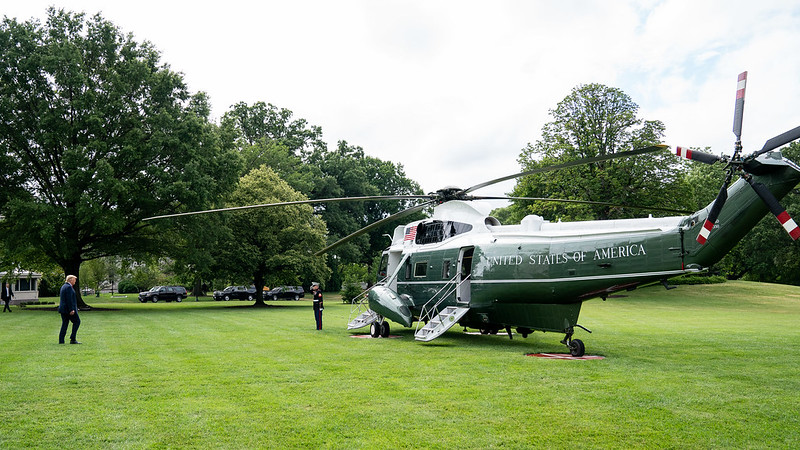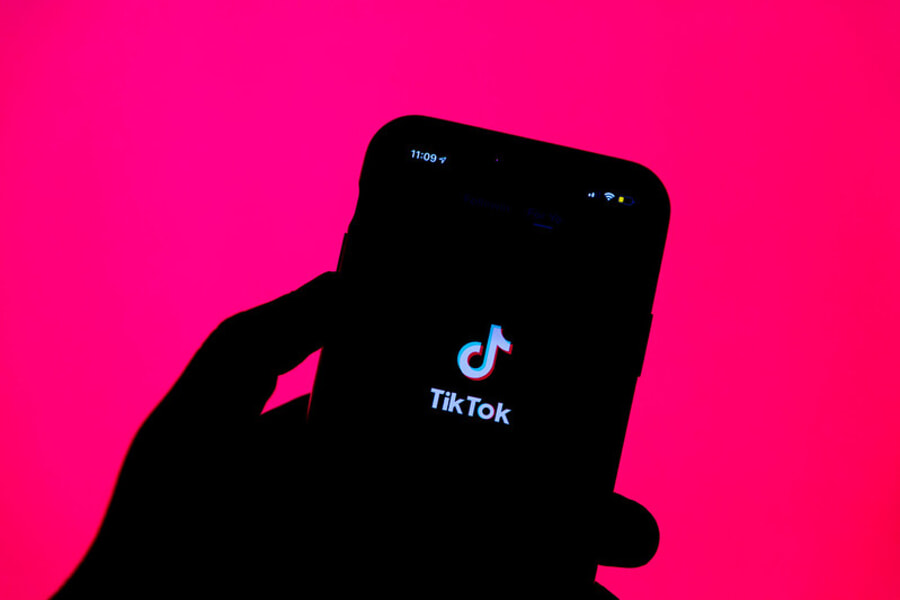Trump’s Aberrant Pardons and Commutations
The Stone commutation fits a pattern of abuse: Almost all of the beneficiaries of Trump’s pardons and commutations have had a personal or political connection to the president.

Donald Trump’s commutation yesterday of Roger Stone’s sentence was his most controversial exercise of the pardon power to date. The Stone commutation fit a pattern: Almost all of the beneficiaries of Trump’s pardons and commutations have had a personal or political connection to the president. This general pattern is well known. But we examined publicly available information to try to get some precise numbers. The result is this chart.
We considered whether Trump’s pardons and commutations can be explained by one or more of four criteria: (1) Did it advance a clear political goal of the president?; (2) Did the person who was pardoned or the person who supported the pardon have a personal connection to Trump or someone Trump knows well?; (3) Was the person who was pardoned brought to the president’s attention by television or a television commentator?; (4) Was the pardon based on Trump’s admiration for celebrity? Interpretations in some cases were difficult. We tried to be cautious, and we linked to our sources.
The bottom line: Of the 34 people who received pardons or commutations (or both) from President Trump, 29 of them fit at least one (and often more than one) of the above criteria. Other presidents have of course issued what can be seen as self-serving pardons: George H. W. Bush’s pardon of Defense Secretary Caspar Weinberger; Bill Clinton’s pardon of his brother Roger and of Susan McDougal, among others; and George W. Bush’s commutation of Scooter Libby’s sentence. But no president in American history comes close to matching Trump’s systematically self-serving use of the pardon power.
We also tried to figure out how often Trump circumvented the Justice Department’s pardon attorney. The pardon attorney receives and examines requests for a pardon or commutation, and prepares a recommendation (through the deputy attorney general) for the president about each individual request. The Office of the Pardon Attorney is 125 years old and the current process is governed by department regulations. The idea is to place a rigorous process between the president and requests for pardons in order to guard against the reality and perception of politicized pardons.
The president’s pardon power flows from the Constitution, however. A president need not use the pardon attorney process, and applicants for a pardon need not go through that process. Past presidents have sometimes circumvented the pardon attorney process, often with controversy. For example, Bill Clinton’s pardon of Marc Rich cut out the pardon attorney. But no president has ignored the process like Trump. Making plausible inferences from publicly available information, we conclude (see chart) that 29 of the 34 Trump pardons were not based on pardon attorney recommendations. (Perhaps unsurprisingly, the five people Trump pardoned who did not have some connection to him appear to have been pardoned based on recommendations from the pardon attorney; put another way, the 29 with some connection to Trump were not recommended by the pardon attorney).
(If you think we have misinterpreted any data, please let us know.)
Editor's note: This post has been edited to eliminate a mistaken comparison to the rate of pardons between the Trump administration and his two predecessors, as well as some slight modifications to improve accuracy and clarity.






